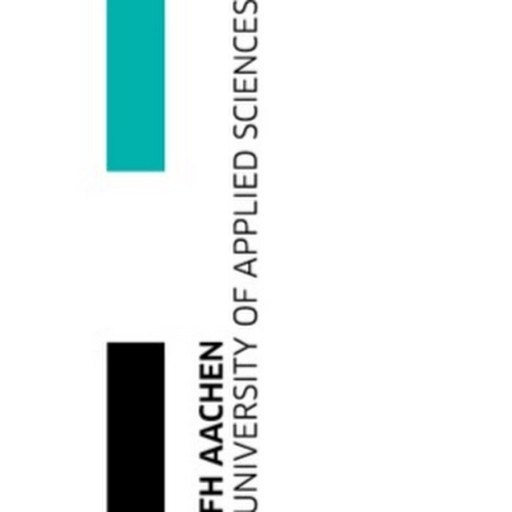Chemistry
A degree in Chemistry is the best choice for those who are interested in science and research, who wish to complete a highly practical degree and get a high-payed and high-demanded job. The subject of Chemistry is matter, its laws, composition and reactions.

Chemistry subdisciplines
The main branches of biochemistry include:
- Analytical Chemistry - studies laws of chemical composition and structure of material objects.
- Organic Chemistry - studies structure and reactions of organic (hydrocarbon) compounds.
- Inorganic Chemistry - studies structure and reactions of non-organic compounds.
- Biochemistry - studies chemical reactions and processes of living creatures.
- Nuclear Chemistry - studies radioactive elements and how they affect to environment.
- Astrochemistry - studies the composition and reactions of matter in space.
- Chemical engineering - converts compounds into more useful ones.
- Neurochemistry - studies neurochemicals: transmitters, peptides, proteins, lipids, sugars, and nucleic acids;
- Physical Chemistry - studies physical basis of chemical processes.
Admission requirements
Usually universities do not request specific requirements for those who are applying for undergraduate study programs in Chemistry. High GPA results or high grades in Chemistry, Physics and Mathematics are often required. As most of study programs you can find on our website are taught in English, English proficiency is always required. All universities accept TOEFL, IELTS or equivalent language certificates.
If you apply for a university in foreign country, you should meet the visa requirements. Some information about admission to a variety of countries, for example, USA and UK, can be found on or website.
Program structure
Undergraduate study programs in Chemistry usually last from three to four years. They are usually highly practical and include a variety of internships and practicums. Besides Chemistry, students also are taught Biology, Physics and Mathematics, so Chemistry degree is highly comprehensive education.
Career options for Chemistry graduates
Students who completed an undergraduate study program in Chemistry usually complete their education and work as researchers in a variety of government or private institutions. Some PhD graduates choose teaching career. But Masters and PhD degrees are not always necessary for applying for a job in Chemistry area. Graduates holding a Bachelors degree can find a job in healthcare and education institutions, or in law area. Sometimes Chemistry graduates start a journalism career path.
Best universities
According to QS Top Universities Rankings by Subject 2017, the best institution holding Chemistry study programs is Massachusetts Institute of Technology (MIT), USA. Some information about MIT and entry requirements can be found on the university profile on our website.
The other world leading universities hosting Chemistry study programs are: University of California, Berkeley, University of Cambridge, Stanford University, Harvard University, University of Oxford, National University of Singapore, California Institute of Technology, University of California, Los Angeles, the University of Tokyo. Admission to all these universities is highly competitive, but you can get prepared using resources of our website.












































